Play is Kind, Play is Smart, Play is Important!
By Dennette Bailey
As a kindergarten teacher who was previously a preschool teacher, I am seeing something very strange in the classroom. There is no play. In fact, there seems to be an outright war on play.
If you are playing devil’s advocate, you might point out that in most kindergarten classrooms, children get at least a 30 minute recess. You might even point out that they get a 30 minute lunch in which they can socialize with their friends. However, you might be surprised to know that many kindergarten children are not getting 30 minutes of recess every day. Furthermore, depending on the ability of the lunch monitors to handle a raised noise level, lunch time can often be “silent!” This means the lunch monitors announce that the students are making too much noise (all of them talking at the same time, in the same room) and so as punishment they have to eat lunch silently – no talking at all! To solve this problem in my own classroom, I have opted to have my students come back to the classroom and eat lunch with me. It means I do not get a “lunch break” but it allows me the time to get to know my students and demonstrate to them that I care.
For those of you that believe school is for learning and not for playing, well I respectfully say to you that not only is school for both, but playing is learning.
As a parent and a teacher myself I am in no way in favor of school becoming a place of entertainment. Purposeful play, however, should be a part of the kindergarten experience.
If your child was fortunate enough to attend a quality preschool before entering kindergarten, they had certain experiences that aided in their comprehension and ability to retain the information they learned. They had the opportunity to play, have fun, develop relationships and appreciate people and experiences that were different than those they were already familiar with. Bear in mind that often times when a parent picks up a child who attends a quality preschool, their child expresses how much they’ve learned by exclaiming how much fun they’ve had learning something new. Moreover, as a parent you might recall that even before asking your child what they’ve learned, you typically ask your child how they’ve enjoyed their day. Fast forward to kindergarten (consider this is just 2 months after their last preschool experience or just days after their last preschool experience if they attended preschool all summer) and many parents ask “What did you learn today?” with no regard for whether or not the child enjoyed the learning.
My personal experience (and the experience of teachers who wish not to be named in my article) has been that the kindergarten curriculum is not designed for your child to enjoy what they learn or to learn through play. Certainly there are some private schools or advanced public schools that recognize the importance of purposeful play. But, for the most part, it appears that in kindergarten, 5 and 6 year old children have to come to the realization that play time is over.
With this in mind we should consider some important aspects of purposeful play. Play is essential to the cognitive, physical, social, and emotional well-being of children. For example, during play children have the opportunity to express themselves and work through problems. Play offers an ideal opportunity for parents to engage fully with the child but also for teachers to develop relationships with students. This doesn’t mean teachers should step out of their professional role with children. However, it does mean that play offers teachers the opportunity to learn the personality of students and decipher other methods to reach students who might be having difficulty in a particular subject.
Research tells us that brain development is optimized during play. Furthermore, it tells us that play leads to better behavior, contributes to academic success, develops creativity and imagination, helps develop the ability to negotiate and resolve conflicts, allows less verbal children to express themselve,s and gives children the opportunity for exploration and practicing skills.
The research also tells us that children who participate in free play have higher IQ’s and that ignoring the importance of play may stunt children’s development. Furthermore focusing solely on academics increases test anxiety and can produces negative attitudes toward school.
I am aware of too many children suffering from, or developing anxiety because the time between when they are supposed to enjoy learning, and when they are supposed to learn without concern for enjoying what they learn, is too short. Children, just like adults, need time to debrief and to socialize with their peers. Just like adults, students learn and retain information when they enjoy it and see the relevance of the material to their own lives.
Purposeful play should be respected in the kindergarten classroom. It could be the way we save our children from thinking they don’t like school or that learning can’t be fun. In the meantime, I will be like Aibileen, played by Viola Davis in the movie “The Help”, and teach all of my students with this sentiment- Play is kind, play is smart, play is important.
Additional Resources:
Want to see more blogs like this and get notifications on local events and happenings? Subscribe to our free weekly newsletters here.

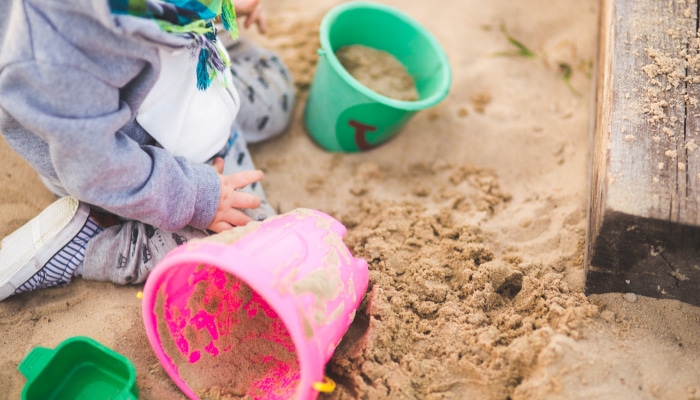
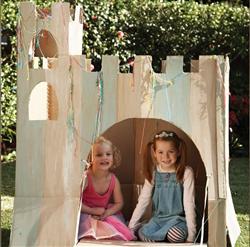

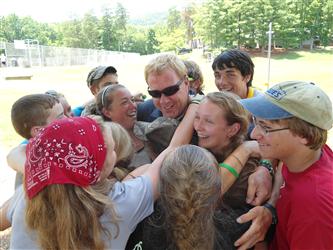

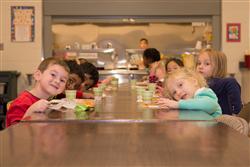
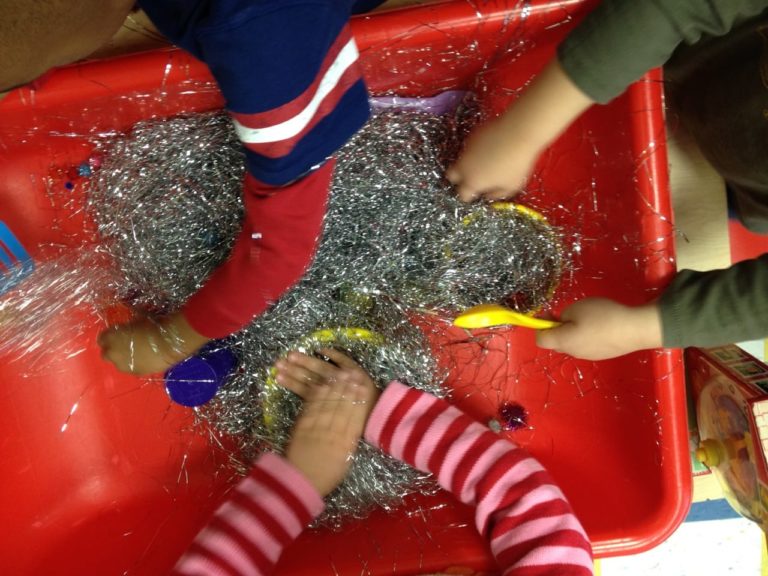
What can we do as concerned Parents Grandparents…….and teachers of young children…? Is this in all of our schools?
Amen!!! Dennette, children and education need more advocates like you! Thank you for writing this, for speaking out and for ensuring that your children don’t have to deal with “silent lunch”. You are making a very valuable difference!
We need parents to visit the schools more often during lunch and recess time. This is especially important at title one schools where students tend to have these issues with recess and silent lunch. However, when our students tell us they have had silent lunch or no recess we should call the school, write letters, even make a visit and ask why this is and if we can help. Teachers have conversation during their lunch time and students should be able to as well.